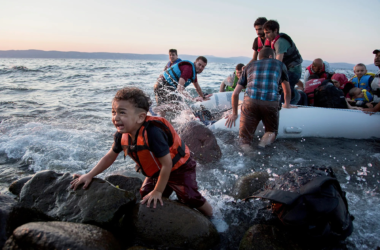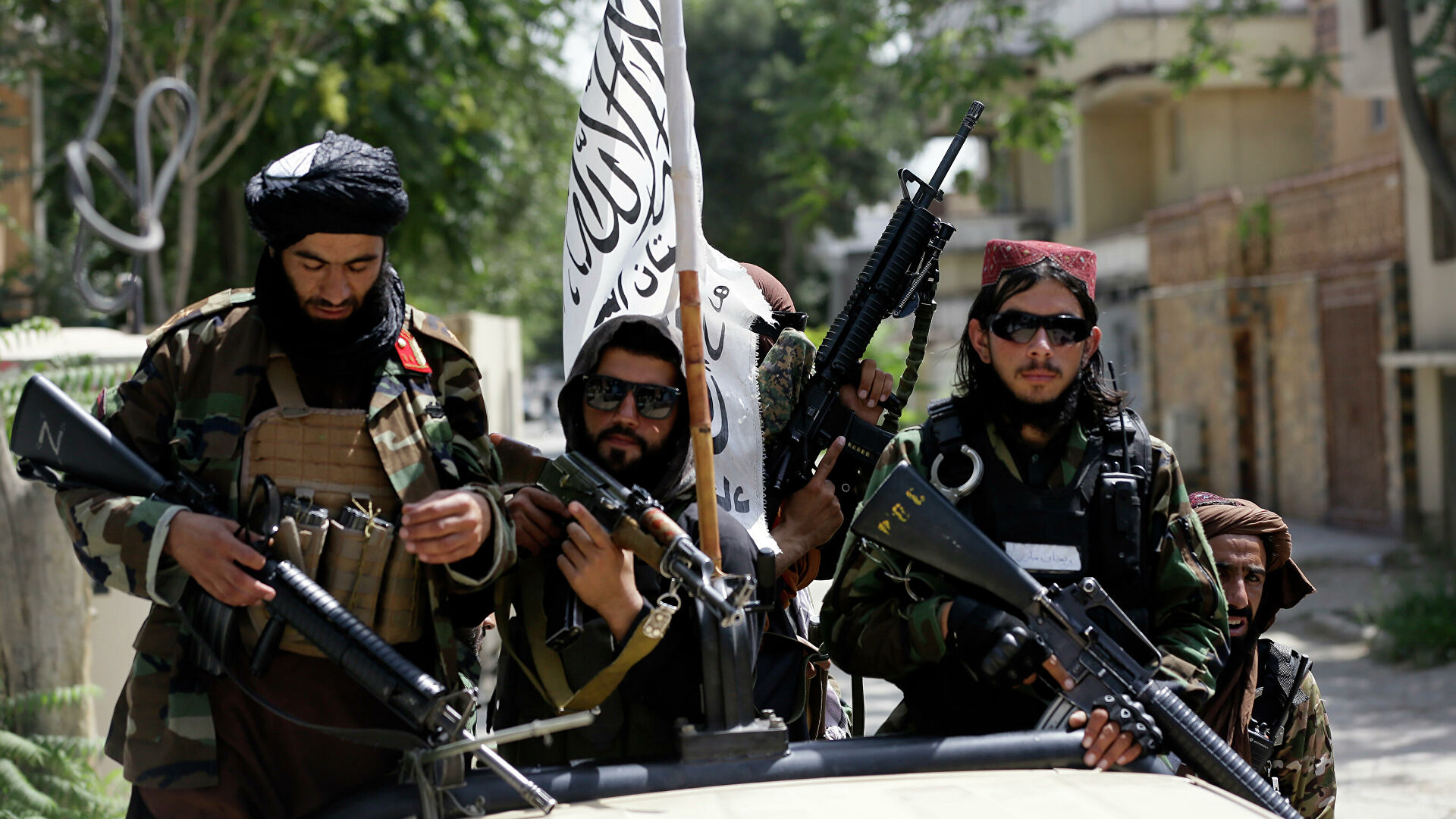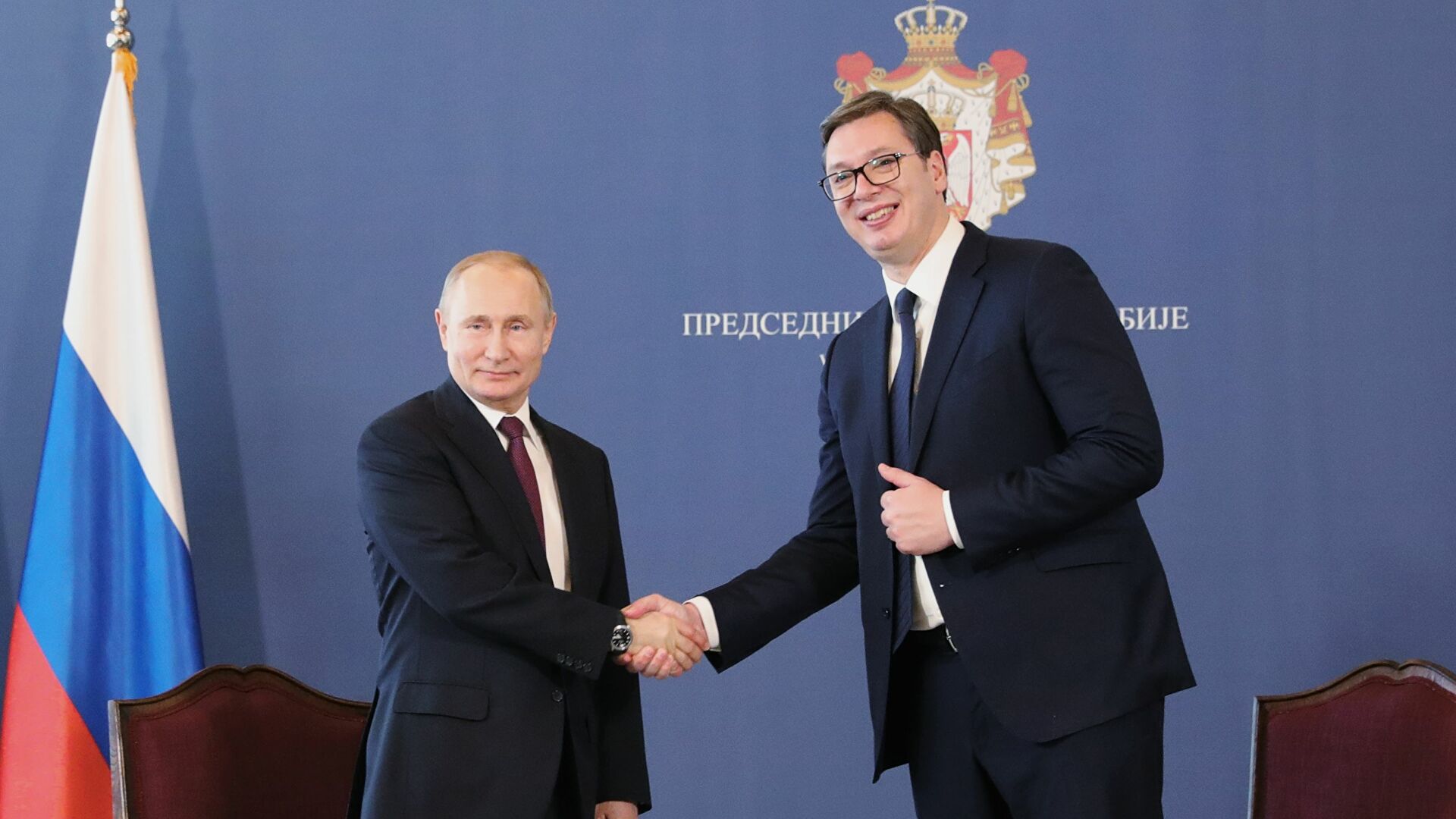ABSTRACT
The Russians, who have been trying to enlarge and realize their ambitions since the 16th century, aimed to expand to the south and east in this direction. Especially the Balkans had a strategic importance for Russia. The fact that he could not follow a certain policy in this region throughout history and that it was not active in the problems and conflicts in the region in the 20th century and that it still could not develop a policy towards the Balkans that caused him to lose his influence in the Balkans. However, in the recent turn of the Balkan countries to the West has made Russia interested in this region. The importance of the Balkans for Russia can be explained by many factors such as Slavic-Orthodox brotherhood, passage to the Straits and energy security. In this study, Russia’s relationship with the Balkans throughout history will be briefly discussed and its current situation will be evaluated.
Keywords: Russia, Balkans, Policy, Strategy, EU, USA.
Russia’s General Approach to the Region
The Balkans always had been an important strategic importance for Russia. The desires of the Russians to expand their lands and go south throughout history started to implement their policies in this direction in the 16th century. In this direction, the Balkans located both in the Black Sea and the Mediterranean, are Russia’s commercial route to other countries. Due to its location, the region connects Russia to North Africa, the Middle East and Southern Europe due to its proximity to the south. In addition, the region being a buffer zone between Europe and Russia in case of war is of geo-strategic importance for Russia. Another importance of the Balkans is its historical proximity to Russia and the presence of Orthodox and Slavic countries (Demirci S., 2018, p. 47).
Tsar Peter the Great, aware of the importance of the Balkans made contacts with this region and carried out policies. He even sent his representatives to these lands for the first time. By the 18th century, Russia focused its activities on the Balkan region. During this period, Russia pursued a different strategy in the Balkans, and in this direction, it exerted pressure on the Ottoman Empire to reduce the control of the Straits, to establish a safe sea connection towards the Black Sea, and to support the revolts of the Slavic and Orthodox minorities in the Ottoman Empire, striving for its interests in the region. It has been a supporter of the new nation-states that emerged in the region in the 19th century in line with their ethno-cultural ties with the region and with their policies towards the region (Çuhadar, 2021). However, it has been understood that the policies implemented in this period did not have much effect on the interests of Russia. In fact, Russia’s influence in the region began to decline in the future. The difference of opinion between Tito, the Leader of Yugoslavia and Stalin, the leader of the USSR in 1948, and the expulsion of Yugoslavia from the Cominform, and Yugoslavia’s departure from Moscow are examples of this. Within this example, the fact that the leaders approached the region in the context of communism rather than ethnic and cultural approach during the USSR period, that is, in an ideological context, was effective in reducing the Russian influence in the region.
Historical and Cultural Proximity
With the disintegration of the USSR in the 1990s, the policies towards the Balkans changed. It has now started to follow a policy in line with formations such as NATO and the European Union (EU), whose influence is increasingly felt in the region. NATO’s intervention in the region in the developments experienced in this period reminded Russia of its responsibilities in this region. NATO’s intervention in the Slavic-Orthodoxies in Kosovo and Bosnia-Herzegovina enabled Russia to create a historical and cultural discourse in the region (Çuhadar, 2021). After that, Russia started to follow different strategies in its approaches towards the region. In this approach, he tried to approach cultural, ethnic and historical ties in the foreground, not from an ideological point of view as before. Especially during these periods, Russia had no choice but to approach Serbia and Montenegro, with the US supporting Bosnia-Herzegovina in the civil war in the region and the European Union’s claiming Croatia. Upon these developments, Russia began to be active in the region to prevent further expansion of the EU and NATO. However, Bosnia and Herzegovina in the region is not satisfied with these policies of Russia. For this reason, Russia establishes its control here with the autonomous República Srpska. This continues today. This approach of Russia in the Balkans causes instability.
Energy Factor
With its energy and gas resources, Russia makes investments in line with its energy policies in the Balkans. In addition, the Balkans are extremely important for Russia in terms of transporting these energy resources to Europe. In addition to being dependent on Russia’s gas in Bulgaria and Greece, there are oil pipes passing through these two countries.
In this respect, Russia has a trump card against the region in terms of its energy resources. For this reason, natural gas transit projects are extremely important for Russia. One of them is the Turkish Stream-2 project. With this project, the pipeline will travel from Russia under the Black Sea to reach Turkey, and from there it will be transported to Southern and Southeastern Europe. The country that is important in the project is Bulgaria. While Belgrade is an ally of Moscow, the fact that Bulgaria did not provide much support but gave up on the South current project can be proof of this (Çuhadar, 2021). In addition, with the emergence of Covid-19, Russia’s permitting Serbia to produce the Sputnik Covid-19 vaccine in its vaccine diplomacy strengthens Russia’s profile in the region. However, it is not enough to be effective in the region only with Serbia.
The Chinese Factor in the Balkans
Although Russia’s relations with Serbia are good in most respects, the situation in terms of trade is not so good. In fact, we should state that Serbia’s trade relations with the EU are more than its trade relations with Russia. Another situation regarding Serbia is the Support and Supply Organization agreement signed with NATO that Serbia will allow the passage of NATO forces when necessary.
Although it seems that the infrastructure of the region was built by the Russian Railways Company and Russia is strong in this regard, this is not the case. When we look at the projects related to transportation and infrastructures recently, we can see that there are more Chinese companies. In addition, China’s supply of vaccines to countries such as Serbia in this region, which had a shortage of vaccines during the epidemic period, showed its presence in the region. On the one hand, Serbia’s sharing of these vaccines with the neighboring countries in the region strengthened its position among the countries of the region.
Although Russia followed policies to be effective in the Balkans, this situation caused Russia to be perceived as ‘Anti-Western’. In addition, the fact that their strategy over Serbia was ‘Serbian Focused’ caused other countries in the region to move away from Russia. Also, the fact that Russian fighters in the Bosnian War were commemorated along with the Serbs in April caused a problem. Many Bosnian Russian volunteers in Bosnia were commemorated for war and war crimes. condemned it as a celebration of his horror (Kovacevic, 2021).
Conclusion
Today, Russia’s activities in the Balkans are decreasing and it cannot make good use of its historical, cultural, ethnic and religious relations with the countries of the region. This leads to the conclusion that Russia’s approach towards the Balkans and its policies in this direction are wrong. Montenegro’s accession to NATO in 2017 was a negative development for Russia. It is also understood that the EU has become a priority for the region within the framework of the region’s relations with the EU. Prior to this, the recognition of Kosovo’s independence by the EU and the USA in 2008 was bad for Russia. In recent years, Western states are trying to attract Serbia to their side and if they make Serbia accept the Kosovo condition and take it to the EU, Russia will lose its influence in this region to a large extent.
However, we can say that during the Trump era, the USA’s lack of interest in the region and the EU’s dealing with its own problems created a vacuum in this region. By taking advantage of this opportunity in Russia, he tried to fill this gap in his favor with his visits and activities. However, with the arrival of Biden, the USA began to be interested in the region and is dealing with the normalization of relations between Serbia and Kosovo.
Prepared by Sudenur Yıldız for The FEAS Journal.
REFERENCES
Akhiyadov, M. (2019, Mart 20). Rusya Balkanlar Kıskacında. İNSAMER: https://insamer.com/tr/rusya-balkanlar-kiskacinda_2065.html adresinden alındı
Çuhadar, M. (2021, Haziran). Rusya’nın Balkanlardaki Kumarı. Haziran 19, 2021 tarihinde 21.Yüzyıl Türjiye Enstitüsü: https://21yyte.org/tr/fikir-tanki/rusya-nin-balkanlar-daki-kumari adresinden alındı
Demirci, S. (2018). Rusya’nın Balkanlar’daki Yeni Jeopolitik Çıkarları. Çankırı Karatekin Üniversitesi Uluslararası Avrasya Strateji Dergisi, 1(1), 45-60. https://arastirmax.com/en/system/files/dergiler/169983/makaleler/1/1/arastrmx_169983_1_pp_45-60.pdf adresinden alındı
Demirci, S. R. (2008, Haziran 18). Rusya’nın Balkan Politikası. Türkiye Stratejik Araştırmalar Merkezi (TASAM): https://tasam.org/tr-TR/Icerik/899/rusyanin_balkan_politikasi adresinden alındı
Kovaceviç, D. (2021, April 12). Bosnian Serbs Honour Russian Volunteer Fighters Despite Criticism. Balkan Transitional Justice: https://balkaninsight.com/2021/04/12/bosnian-serbs-honour-russian-volunteer-fighters-despite-criticism/ adresinden alındı
Progonati, E. (2015). Rusya’nın Balkanlar Politikası. Karadeniz Araştırmaları, 12(45), 105-125. https://www.researchgate.net/publication/307663040_Rusya%27nin_Balkanlar_Politikasi adresinden alındı











